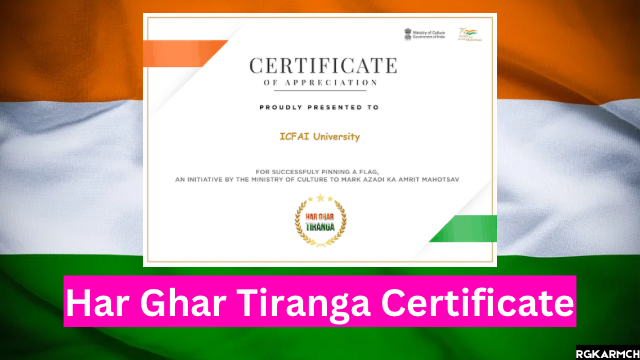Pune is witnessing a concerning rise in Guillain-Barré Syndrome (GBS), a rare post-infectious neurological condition. Health authorities have confirmed over 100 cases, with 17 patients currently on ventilators. A suspected death due to GBS has also been reported in Solapur. Maharashtra Health Minister Prakash reassured the public, stating that the state government and Pune Municipal Corporation are taking proactive measures to contain the outbreak.
What is Guillain-Barré Syndrome (GBS)?
GBS occurs when the body’s immune system mistakenly attacks the peripheral nerves, often triggered by bacterial or viral infections. Symptoms usually begin with tingling or weakness in the legs and may progress to paralysis in severe cases.
Dr. Pradyumna Oak, Director of Neurology at Nanavati Max Super Speciality Hospital, emphasized that GBS is not contagious but can result from infections like Campylobacter jejuni, which is linked to contaminated food and water.
Campylobacter Jejuni: How It Spreads
Campylobacter jejuni typically infects humans through:
- Undercooked or raw poultry
- Unpasteurized dairy products
- Contaminated water sources
Cross-contamination during food preparation and poor hygiene practices also increase the risk. Symptoms often include diarrhea, abdominal cramps, fever, and nausea.
Symptoms of GBS to Watch Out For:
- Weakness, tingling, or numbness in the legs
- Difficulty walking or performing facial movements
- Abnormal heart rate or blood pressure
- Severe cases may lead to breathing difficulties or paralysis
Is GBS Contagious?
“No, GBS is not contagious,” Dr. Oak clarified. “It is an autoimmune condition triggered by infections. While the exact cause of the outbreak is still under investigation, foodborne infections such as Campylobacter jejuni are likely suspects. Preventing these outbreaks hinges on identifying and addressing the source of infections.”
Expert Dietary Recommendations to Prevent Infection
Dr. Priyanka Sehrawat, a neurologist from AIIMS Delhi, urged people to avoid eating outside and be cautious about foods that are prone to bacterial contamination. “Avoid paneer, rice, and cheese, as they are susceptible to bacterial growth,” she advised in a social media video. Proper food storage and preparation practices are essential to reduce the risk.
Why Paneer, Rice, and Cheese Are Risky:
- Paneer and cheese: High moisture content can encourage bacterial growth, including Listeria and E. coli.
- Cooked rice: When left at room temperature, Bacillus cereus can produce toxins leading to food poisoning.
Treatment and Recovery for GBS Patients:
Dr. Manish Chhabria, a senior neurologist at Sir H.N. Reliance Foundation Hospital, explained that GBS is typically treated with either intravenous immunoglobulin (IVIG) therapy or plasmapheresis (plasma exchange). “Both treatments have proven effective in reducing the severity and progression of the condition,” he noted.
Post-treatment rehabilitation, including physiotherapy, is essential for patients to regain neurological function.
Preventive Measures:
- Maintain proper hygiene and handwashing practices
- Ensure food and water are properly boiled or treated before consumption
- Avoid stale or uncovered food
- Seek immediate medical attention if experiencing progressive weakness or numbness
Early diagnosis and intervention can prevent severe complications, particularly those affecting respiratory muscles. Authorities are optimistic that heightened awareness and preventive measures will help control the outbreak and protect public health.




